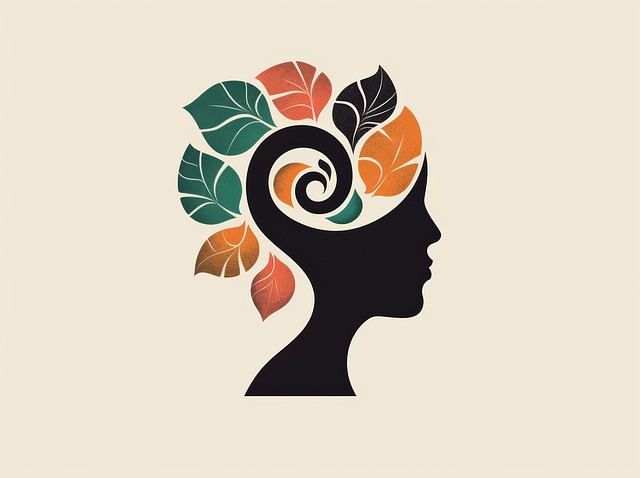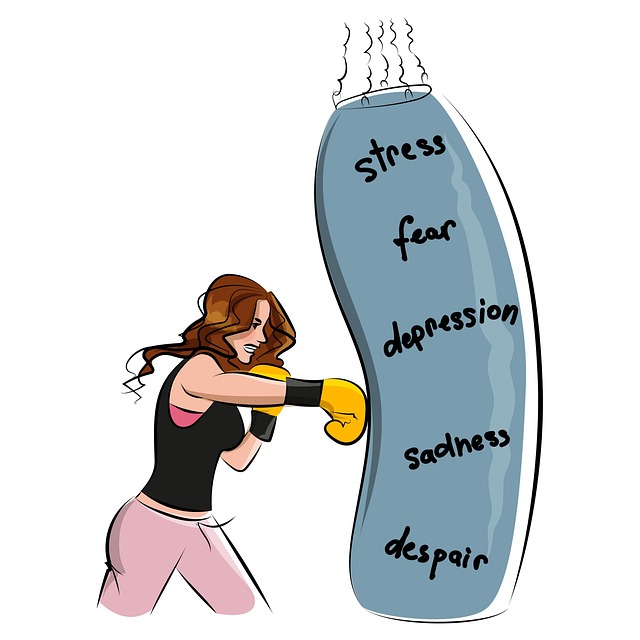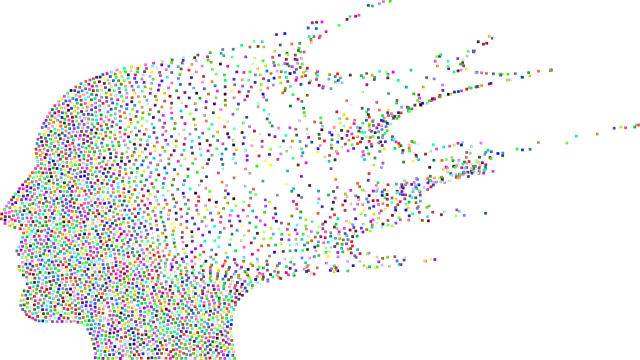Emotional Intelligence (EQ) is key to mental well-being in older adults, with higher EQ linked to better emotional resilience against stress, anxiety, and depression. Therapy for Elders and Couples Counseling are effective ways to develop EQ by promoting open communication, conflict resolution, and relationship strengthening. These approaches, backed by Mind Over Matter principles, empower seniors to manage their emotions effectively, leading to improved quality of life. For healthcare providers, risk management planning emphasizes the importance of EQ assessment and tailored interventions to meet the unique needs of aging individuals. Couples counseling is especially vital for elders, providing a safe space to explore issues, enhance empathy, and strengthen emotional connections, ultimately enriching their lives and relationships.
Emotional intelligence (EI) is a crucial aspect of aging gracefully, enhancing quality of life, and fostering meaningful connections. This article explores various dimensions of EI development, focusing on its impact on elders. We delve into the role of therapy in promoting emotional well-being among older adults, highlighting specific applications like couples counseling to nurture relationship dynamics and empathy. Additionally, practical strategies for daily life are presented to help cultivate emotional intelligence, ultimately enriching the lives of seniors.
- Understanding Emotional Intelligence and its Impact on Aging
- The Role of Therapy in Enhancing Emotional Well-being for Elders
- Couples Counseling: Nurturing Connection and Empathy in Relationships
- Practical Strategies for Daily Life: Cultivating Emotional Intelligence
Understanding Emotional Intelligence and its Impact on Aging

Emotional intelligence (EQ) refers to one’s ability to recognize, understand, and manage their own emotions as well as recognize, interpret, and influence the emotions of others. This skill set is vital for maintaining mental health, especially as individuals age. With age comes a wealth of life experience, but also an increased risk for cognitive decline and mental health issues. Higher EQ has been linked to better emotional resilience in older adults, allowing them to cope with stress, anxiety, and depression more effectively.
Couples counseling and therapy for elders can be instrumental in enhancing EQ. Through these platforms, individuals can learn to communicate their feelings openly, resolve conflicts constructively, and strengthen their relationships. The Mind Over Matter principles emphasize the power of self-awareness and emotional regulation, which are key components of EQ development. Moreover, risk management planning for mental health professionals should include a focus on EQ assessment and intervention strategies, considering the unique needs and challenges faced by aging individuals. Effective risk assessment for mental health professionals can help identify emotional intelligence gaps and tailor interventions accordingly.
The Role of Therapy in Enhancing Emotional Well-being for Elders

Therapy plays a pivotal role in enhancing emotional well-being for elders, offering them a safe space to navigate life’s complexities and challenges. As our population ages, it becomes increasingly important to recognize the unique needs and experiences of older adults. Professional therapy provides an opportunity for them to process and manage their emotions effectively. Through various therapeutic approaches, including couples counseling, seniors can improve their mental health and overall quality of life.
Couples counseling specifically caters to the emotional dynamics within relationships, which is crucial as many elders continue to live with a partner. This form of therapy aids in resolving conflicts, improving communication, and fostering deeper connections. Moreover, crisis intervention guidance tailored for elders helps them cope with acute stress or traumatic events, promoting resilience and adaptability. Cultural sensitivity in mental healthcare practice ensures that therapy aligns with the individual’s cultural background, addressing specific emotional needs that might be unique to their heritage. Embracing mind over matter principles empowers elders to take control of their emotional states, enabling them to live more fulfilling and content lives.
Couples Counseling: Nurturing Connection and Empathy in Relationships

In the context of emotional intelligence building, couples counseling plays a pivotal role in nurturing connection and empathy within relationships, particularly among elders. As people age, they often face unique challenges that can strain their bonds. Therapy for elders couples offers a safe space to explore these issues openly, fostering better understanding and communication. Through compassionate cultivation practices, partners can enhance their emotional awareness, enabling them to express feelings and needs more effectively.
This form of counseling goes beyond conflict resolution; it’s about cultivating burnout prevention strategies for healthcare providers, ensuring that relationships remain strong and nurturing. By integrating confidence-boosting techniques into the therapy process, elders can improve their self-esteem, leading to healthier interactions with their partners. Ultimately, couples counseling equips them with valuable tools to navigate life’s transitions together, enriching their emotional connections and overall well-being.
Practical Strategies for Daily Life: Cultivating Emotional Intelligence

Emotional intelligence (EI) is a powerful tool that can significantly enhance daily life and relationships. Cultivating EI involves practical strategies that can be integrated into everyday routines. One effective approach is to practice mindfulness meditation, which helps individuals become more aware of their emotions and better able to regulate them. By dedicating just a few minutes each day to focused breathing and observation, one can improve emotional awareness and reduce stress.
Additionally, therapy for elders and couples counseling play pivotal roles in building resilience and fostering healthier interactions. Through these forms of counseling, individuals can learn to navigate challenging situations with greater emotional agility. Risk assessment for mental health professionals is also crucial, ensuring that practitioners are equipped to support clients effectively while maintaining their own well-being. These practices collectively contribute to a more balanced and emotionally intelligent life.
Emotional intelligence is a powerful tool for enhancing quality of life, especially as we age. By understanding and managing our emotions, we can foster healthier relationships, improve mental well-being, and navigate life’s challenges more effectively. The strategies outlined in this article, including therapy for elders and couples counseling, offer practical approaches to cultivating emotional intelligence daily. These methods empower individuals to build stronger connections, boost empathy, and ultimately lead happier, more fulfilling lives.














